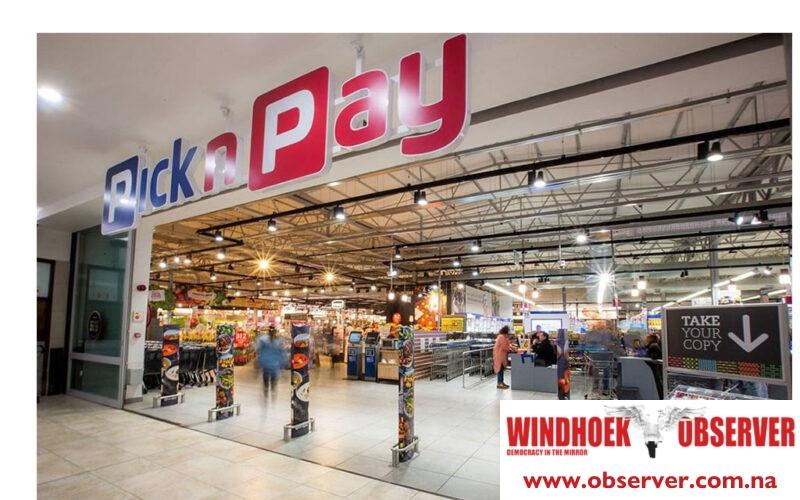Pick n Pay Stores Limited has informed shareholders through a cautionary announcement released on the Johannesburg Stock Exchange that the board has approved a two-step recapitalisation plan. The recapitalisation plan will comprise a rights offer to existing shareholders of the Company of up to R4 billion, expected to take place in mid-2024, followed by an offering and listing of the Group’s Boxer business on the Main Board of the JSE expected towards the end of 2024.
Pick n Pay said the terms and conditions of the recapitalisation plan are being refined in consultation with the board and the final recapitalisation plan will be subject to approval by the board and the requisite shareholder and regulatory approvals being obtained.
“Accordingly, shareholders are advised to continue to exercise caution when dealing in the company’s securities until the terms and conditions of the recapitalisation plan are finalised and a further announcement is made. Further details on the progress of the recapitalisation plan will be provided as part of the group’s 2024 financial year results presentation.”
In the unaudited condensed consolidated interim financial statements for the 26 weeks ended 27 August 2023, Pick n Pay said R31,8 million trading profit for the period would have been R596,8 million if one were to exclude the incremental abnormal costs. On this basis, the pro forma loss before tax and capital items would have been R272,2 million.
The group’s Rest of Africa segment contributed R2,7 billion of consolidated segmental sales, up 14,4% year-on-year, and up 12,2% in constant currency terms.
The performance of the Group’s key consolidated African operations is made up of 82 Pick n Pay franchise stores in Namibia, eSwatini, Botswana and Lesotho which the company says continue to trade well, in aggregate, despite challenging economic conditions across Southern Africa.
In Zambia, the 23 Pick n Pay corporate stores sustained their recovery trend with strong like-for-like growth in sales and volumes, and an improved trading profit margin.
In Zimbabwe, the 73 TM Supermarkets had extremely challenging period, driven by inflationary expense pressures and a 79% depreciation of the Zimbabwean dollar (ZWL$) auction rate vs. the rand, which impacted local currency translation into rand earnings.




